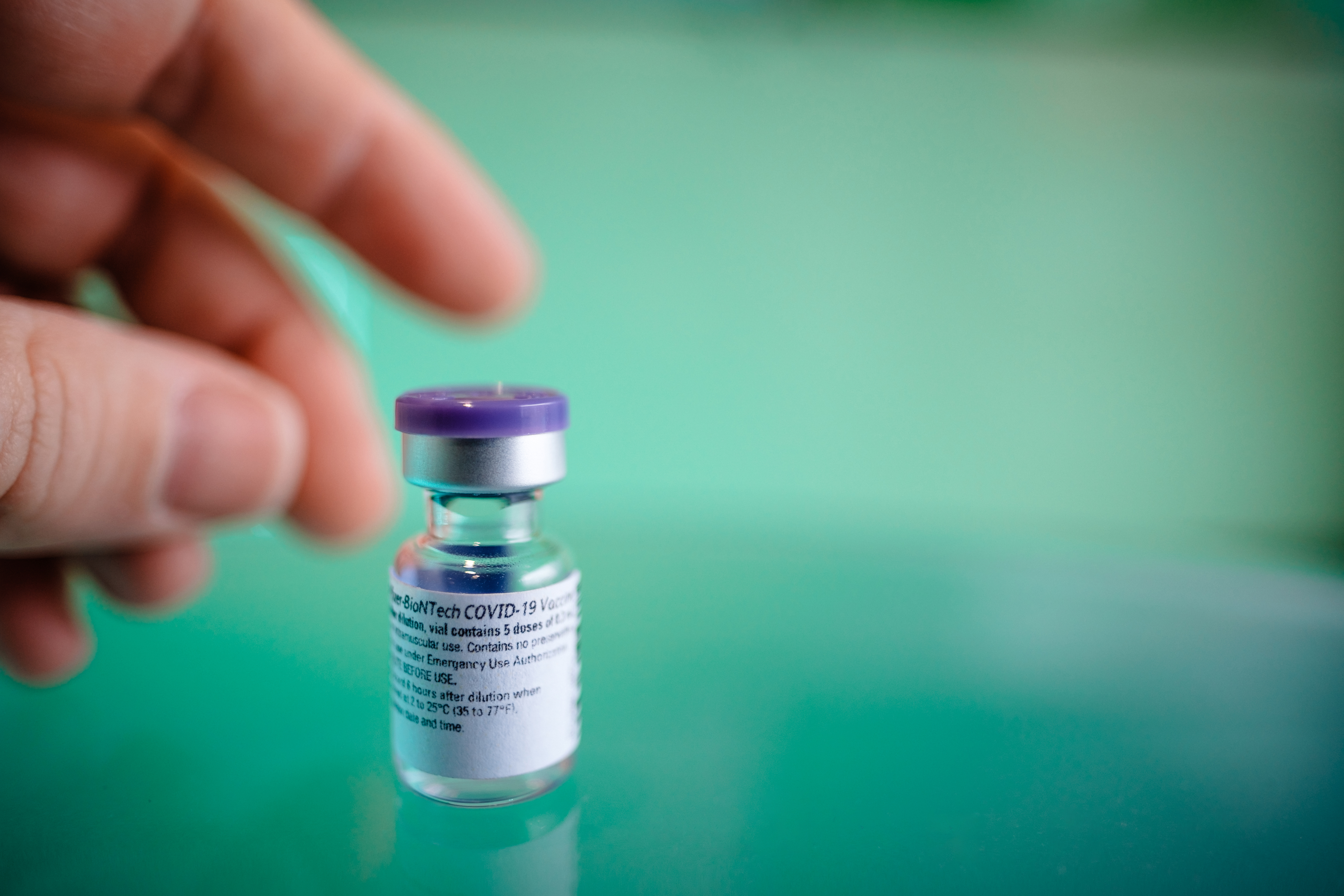BioNTech says repeat doses may be better than modified COVID-19 jab

BioNTech has suggested that giving booster doses of its current Comirnaty (BNT162b2) COVID-19 vaccine may be a preferable strategy to modifying the Pfizer-partnered shot.
The comments came on the German biotech's second-quarter results call, during which BioNTech raised its forecasts for revenues it will book from sales of the vaccine to €15.9 billion (almost $19 billion), on the back of contracts to deliver 2.2 billion doses this year with more than 1 billion already booked in for 2022.
Pfizer said last month it may generate $33.5 billion in sales this year, although analysts have suggested this could be a conservative estimate.
On the call, BioNTech presented a swathe of data suggesting that Comirnaty is actually pretty effective at protecting against SARS-CoV-2 variants of concern, including highly-transmissible delta which is emerging as the dominant strain in many countries, and beta which seems lost likely to resist current vaccines.
The risk lies in using a new vaccine targeted against one of the current variants for booster programmes, only to be blind-sided by a new strain that could be far more effective at evading the immune response generated by current shots.
"Evidence points to robust vaccine effectiveness against circulating variants…including a high vaccine effectiveness against severe disease," said BioNTech's chief medical officer Ozlem Tureci on the call, whilst acknowledging that protection does seem to wane after seven to nine months.
Boosting with a third dose between at around that time induces "a robust neutralisation response beyond what was originally observed after dose two," according to Tureci, who also presented preliminary data suggesting a booster dose may increase the breadth of response against variants.
"We continue to believe it is likely that the fourth dose booster may be needed within six to 12 months after full vaccination to maintain the highest level of protection."
All that aside, BioNTech is playing it safe, and working on different vaccines targeting the alpha, beta and delta variants, as well as a multi-valent version, with clinical results for all those programmes due before the end of the year.
"We believe that the best approach at the moment to deal with the situation is to continue with a booster dose with the existing wild-type strain," commented Sierk Poetting, BioNTech's recently appointed chief financial and chief operating officer.
"It is quite possible that in the next six months to 12 months further variants emerge and that would require adaptation of the vaccine," he added. "But it is – at the moment – not yet the case."
Feature image copyright BioNTech SE 2020, all rights reserved












